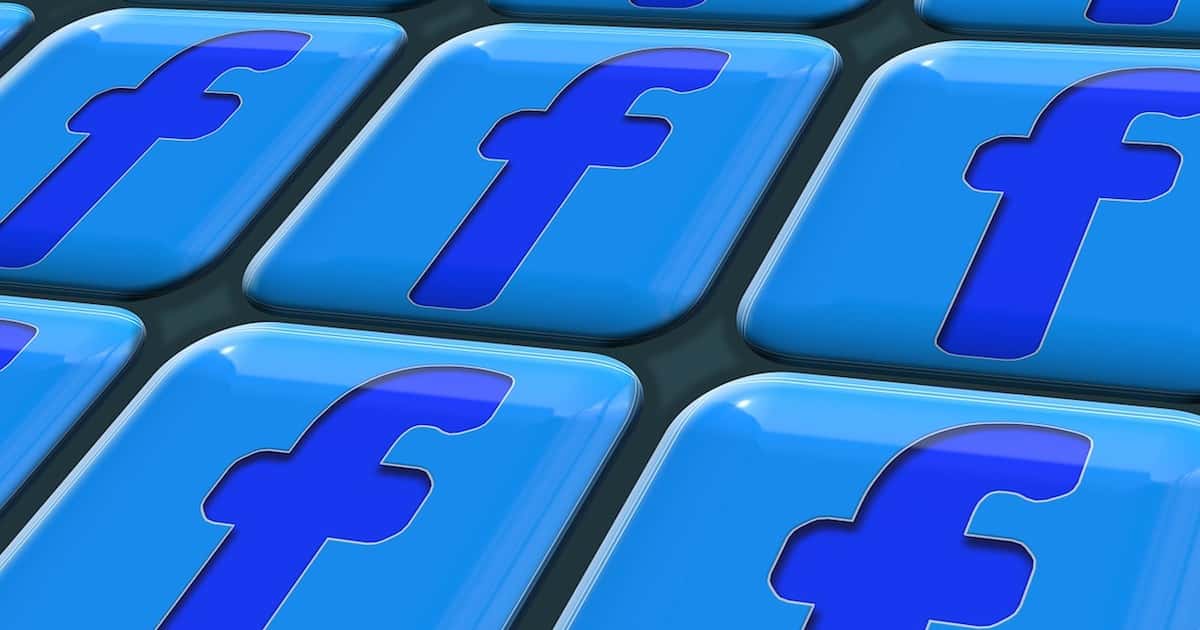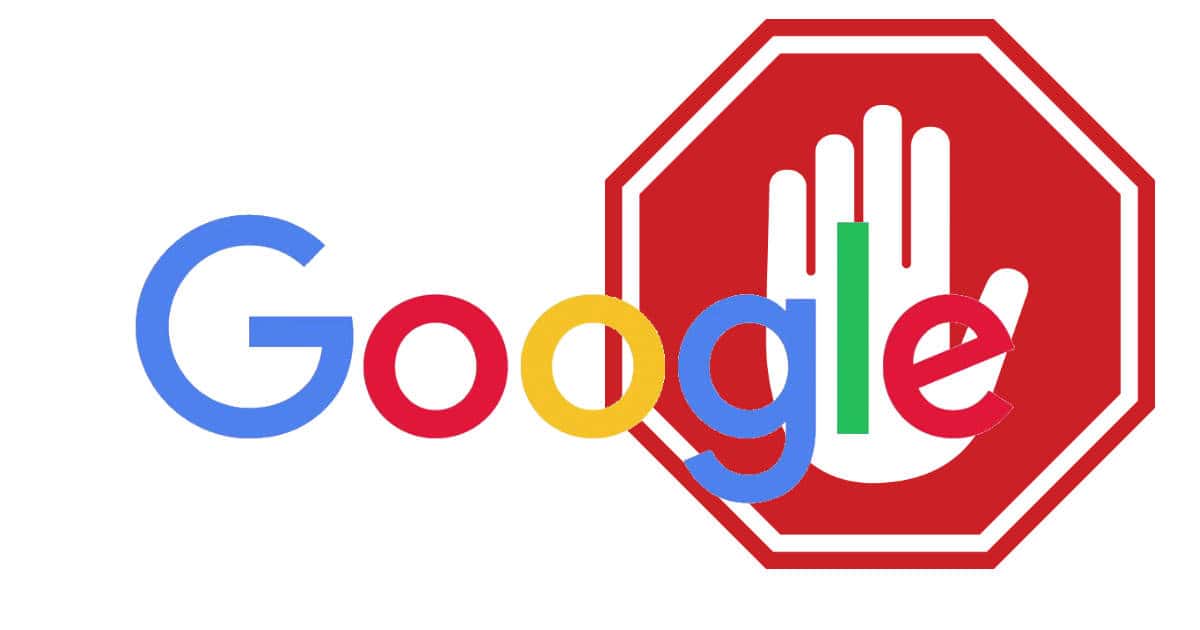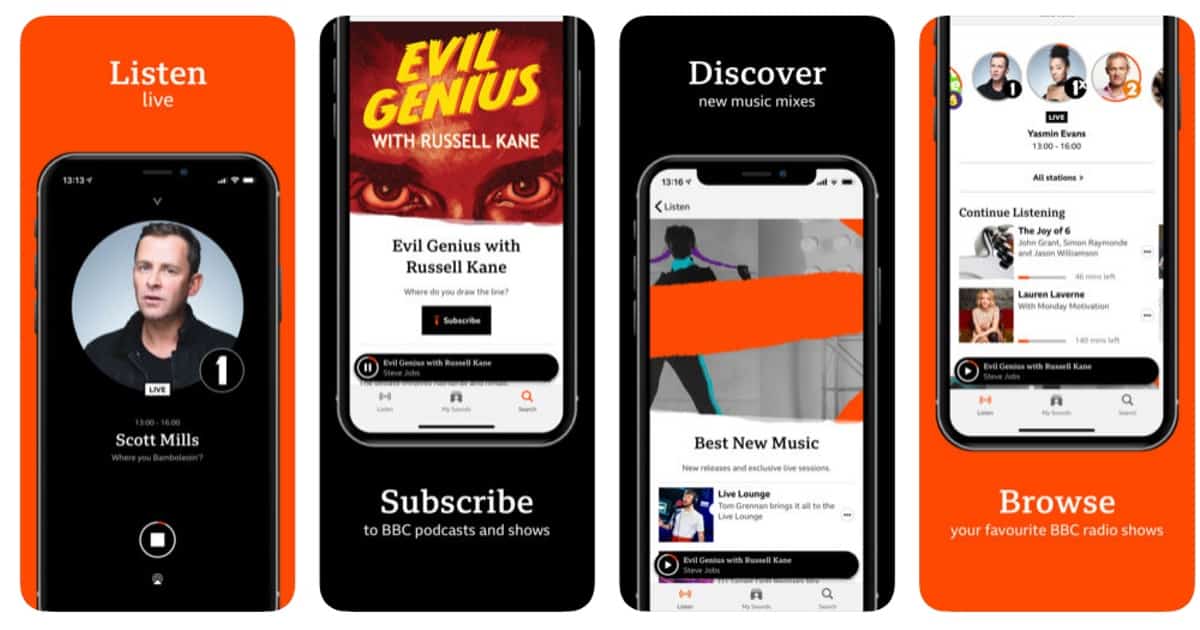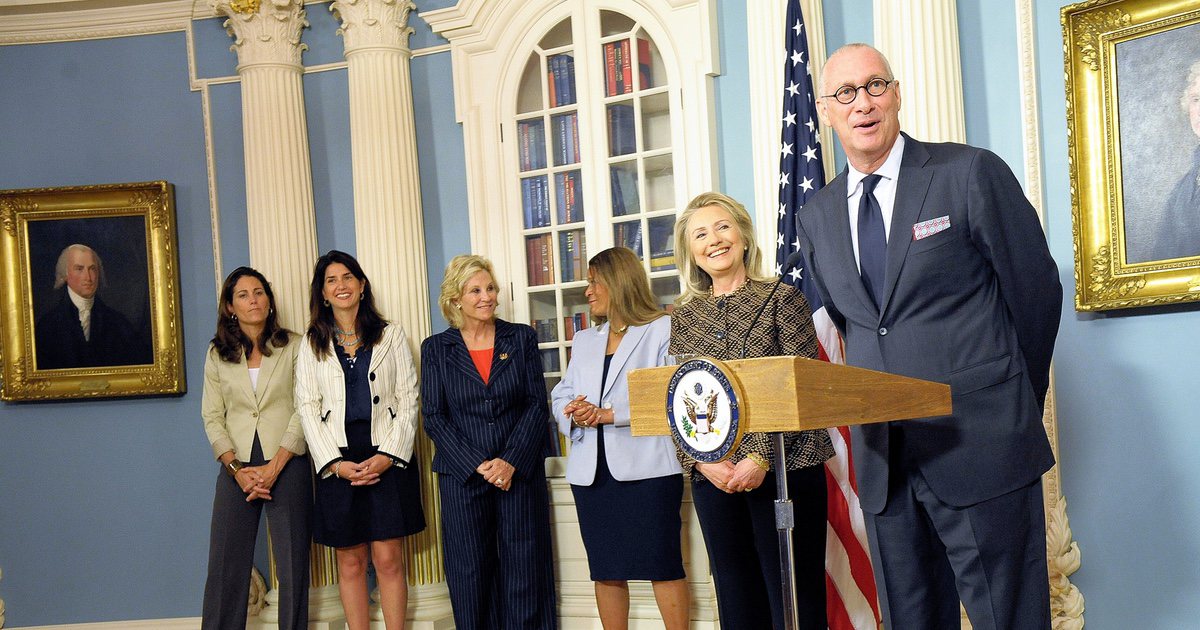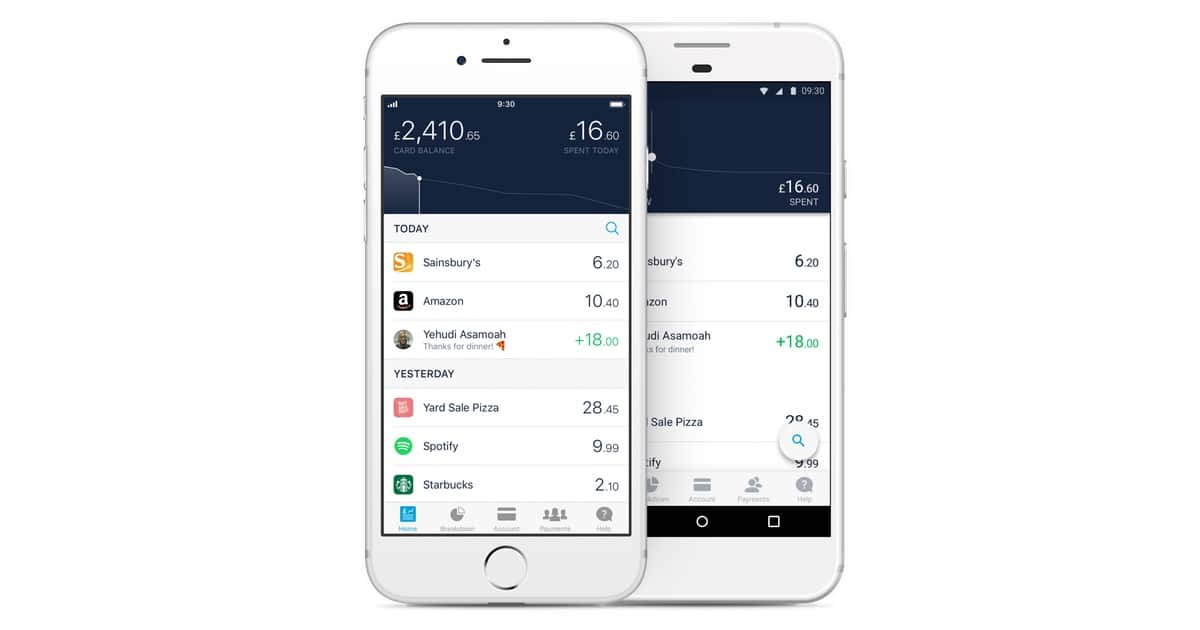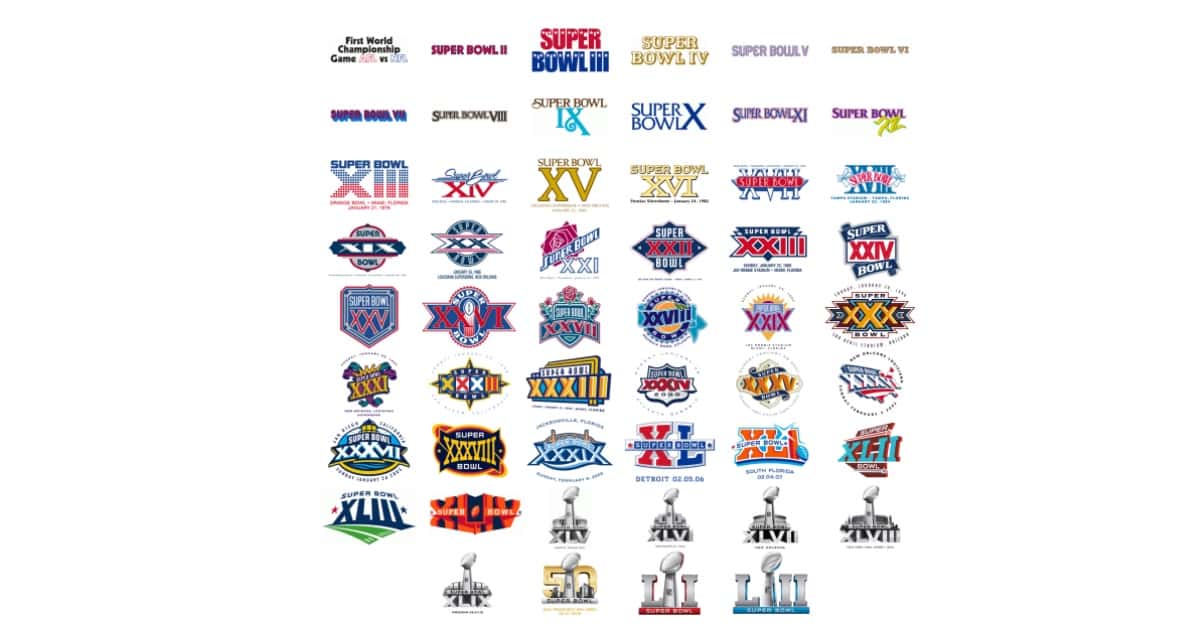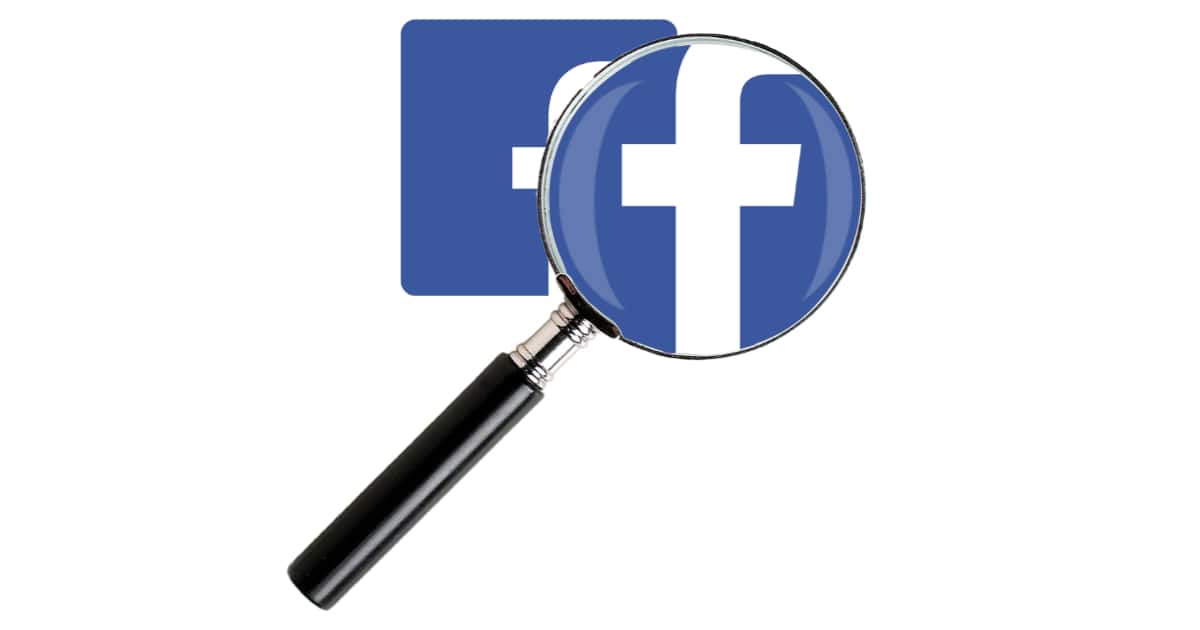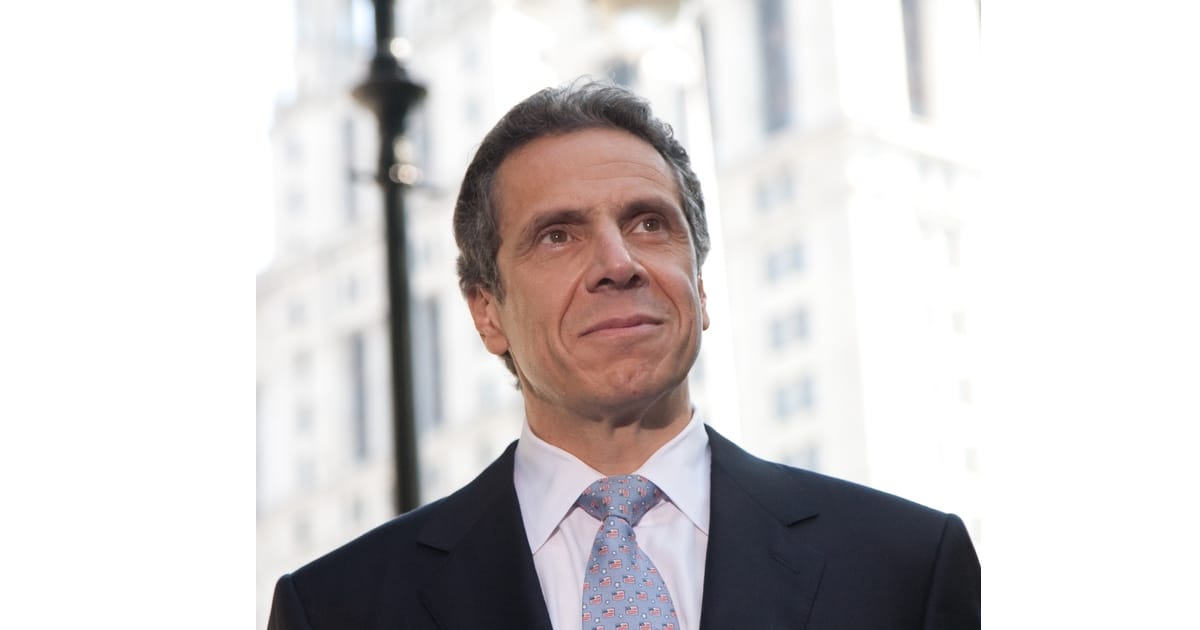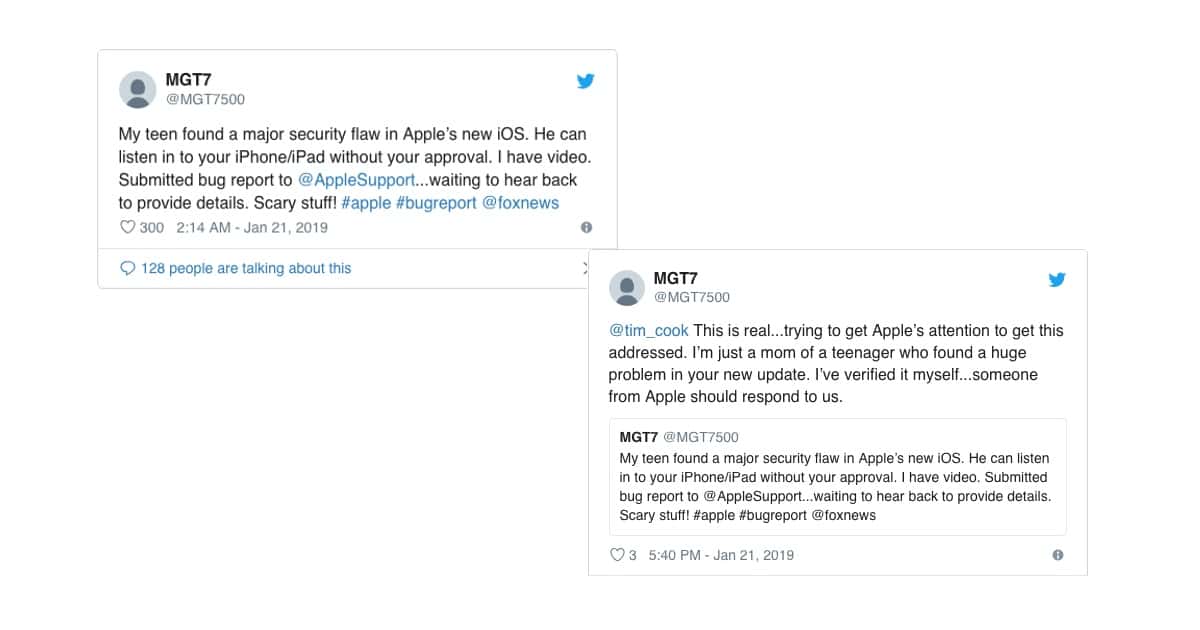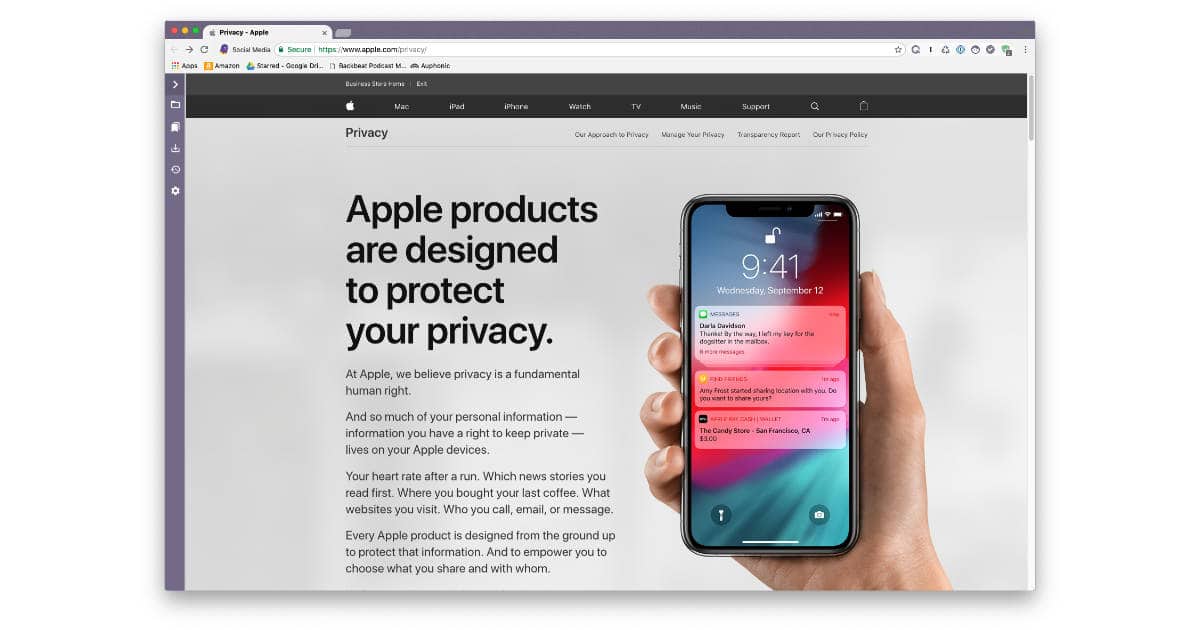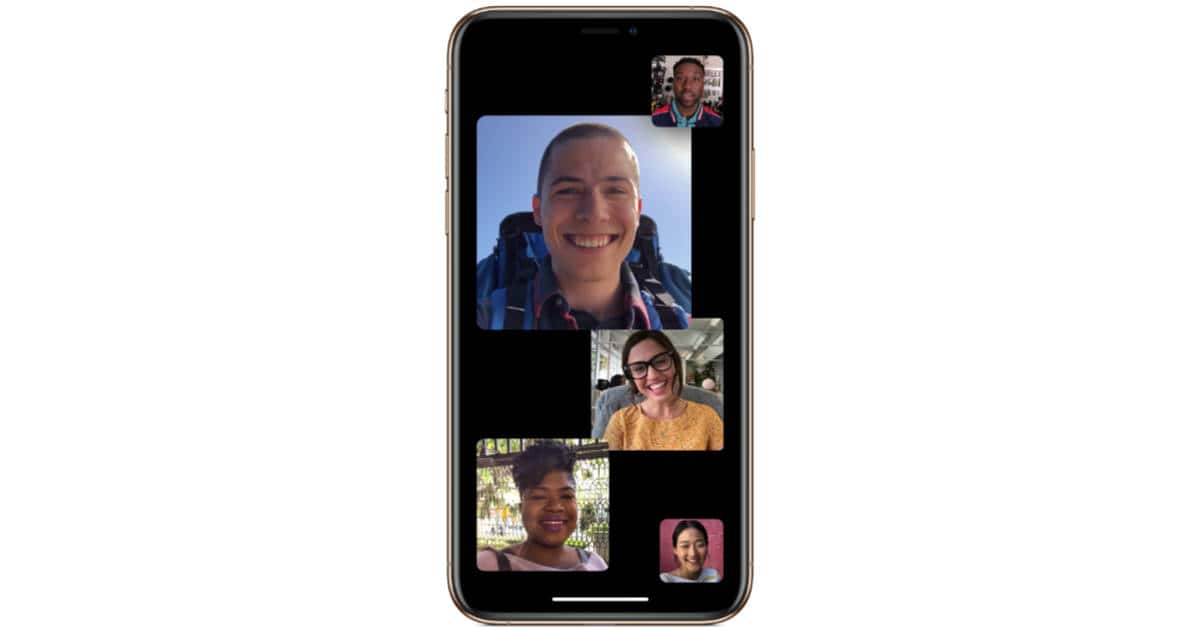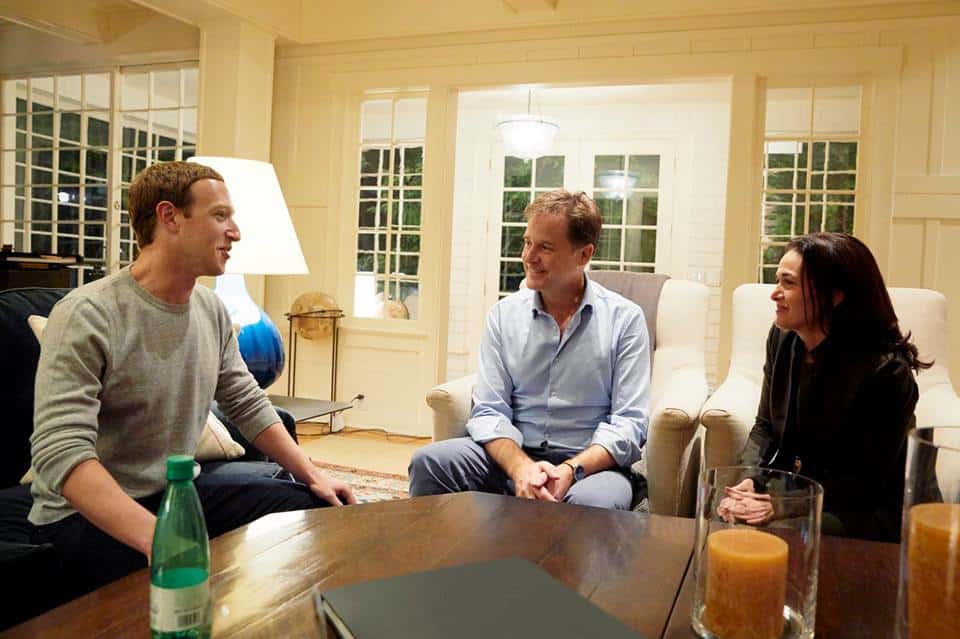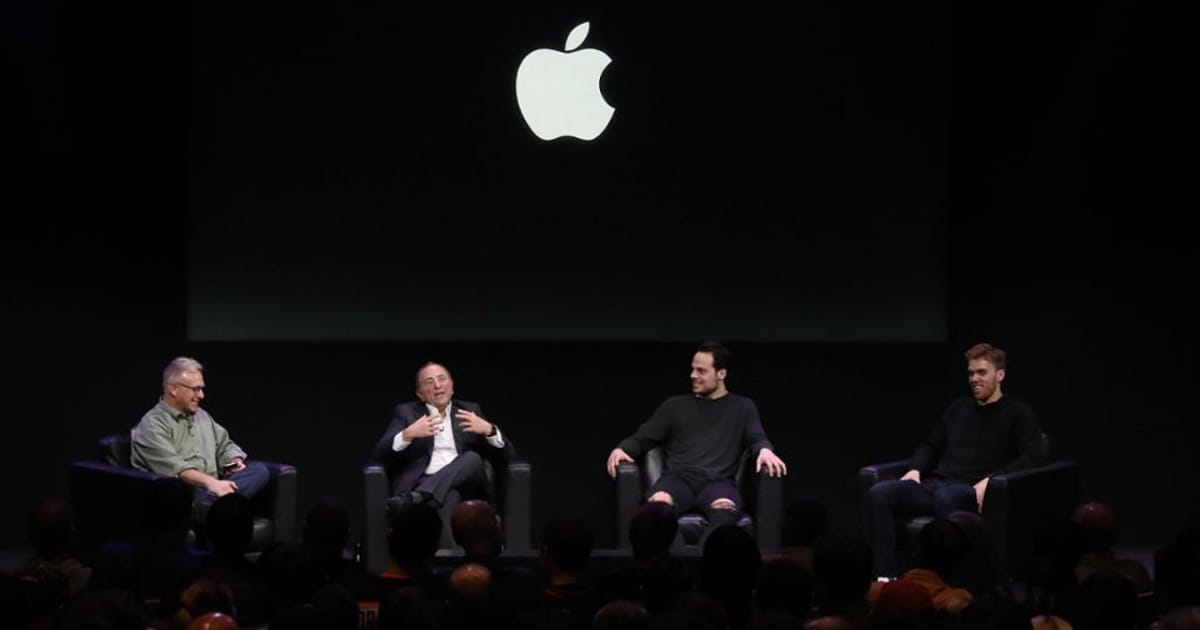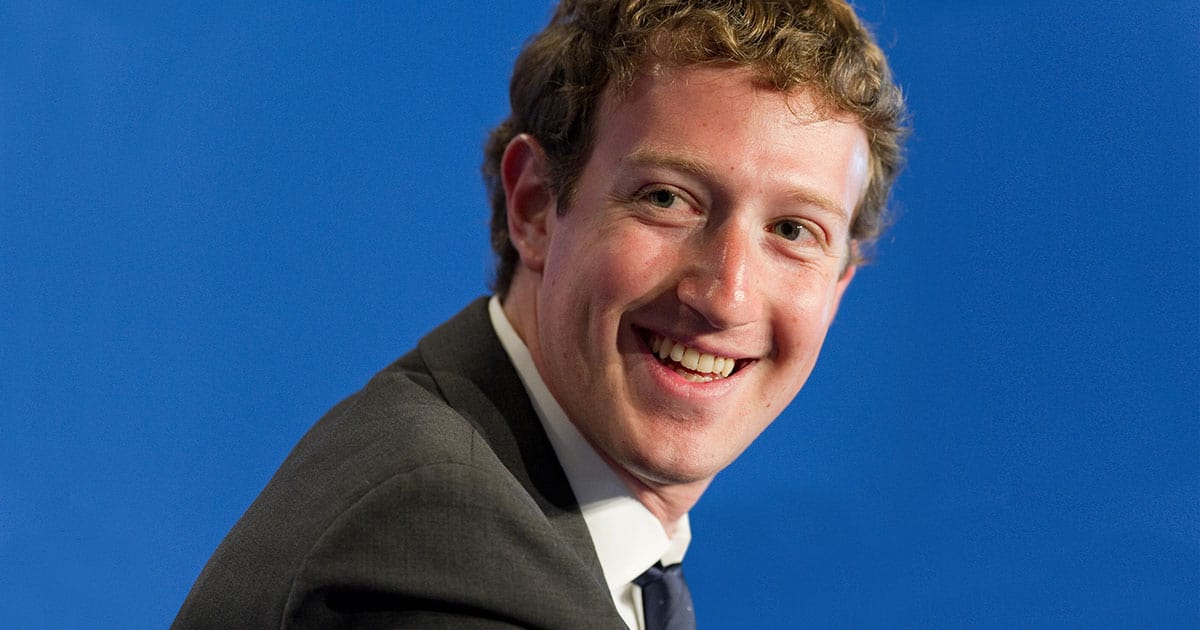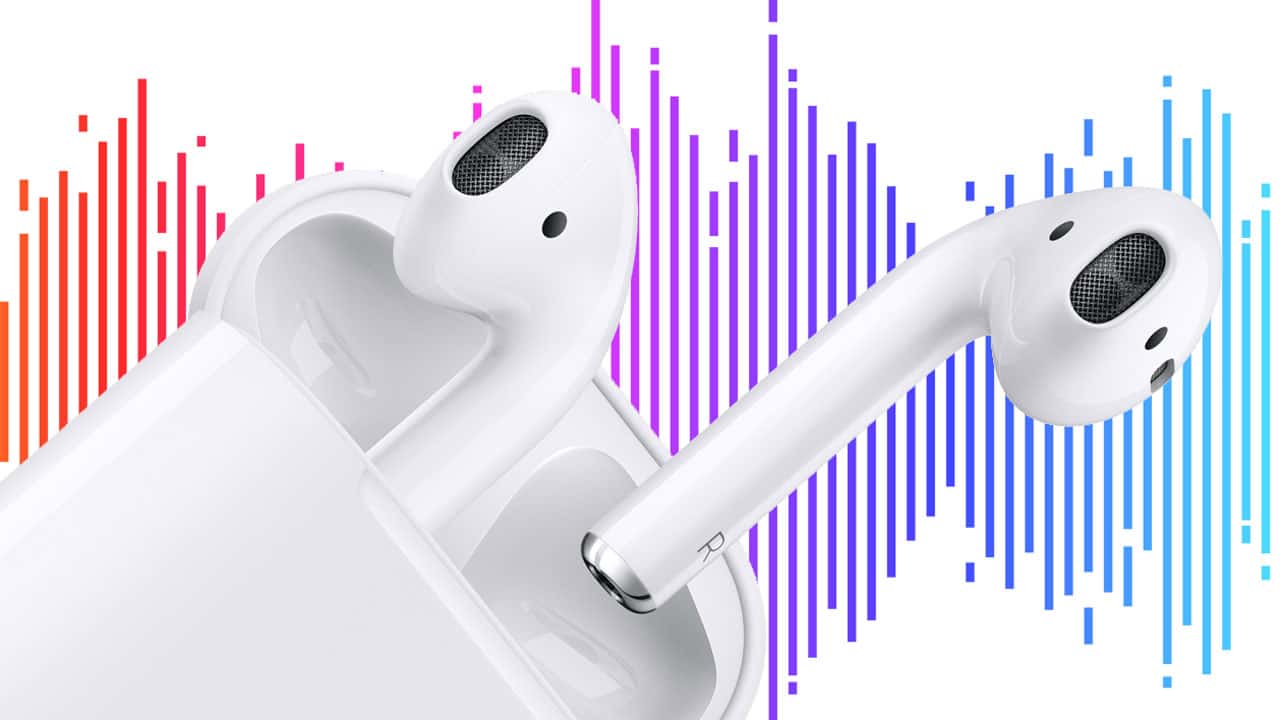Facebook had its enterprise certificates restored by Apple. They had been revoked following the exposure of rule violations.
Articles by Charlotte Henry
Apple Revoked Google Enterprise Certificates
Apple followed up on its revocation of Facebook’s enterprise certificates by revoking Google’s for an app that violated App Store rules.
Apple Reportedly Shipped 14.5 Million iPads in Q4 2018
Apple shipped 14.5 million iPads in the 2018 holiday quarter, a 10% increase on the year before, giving them 26% of the global tablet market.
PUMA Announced Apple Watch Connected, Self-Lacing, Running Shoes
PUMA unveiled its first PUMA Fi self-lacing shoes that can be controlled via a smartphone or Apple Watch app.
BBC Sounds to Get CarPlay Support
BBC Sounds will “soon” be getting CarPlay support, according to a senior executive. The app also recently had a record number of listeners.
Ex-ESPN President John Skipper Wants to Build the Netflix of Sports. But Don't Call it That.
John Skipper left ESPN abruptly in December 2017, just days after he announced a contract extension. In March 2018, he revealed he had been had been suffering from substance abuse issues and the victim of an extortion plot. Now he’s well and truly back, with an ambitious digital venture called DAZN. Bloomberg Business Week spoke with Mr. Skipper and discussed the prospects for the service as it begins to expand.
Skipper won’t call DAZN a “Netflix for sports,” at least not publicly, but it’s useful shorthand. DAZN offers live sports on the internet for a monthly fee. It started in Germany and Japan in summer 2016 and now also operates in Canada, Italy, and the U.S. The German service (which is also available in Austria and Switzerland) offers four of the top European soccer leagues plus the NBA and NFL for about $10 per month. In Japan, subscribers get domestic soccer and baseball, plus MLB, the NFL, three European soccer leagues, and UEFA Champions League, for about $15. U.S. service began in September, offering boxing and mixed martial arts at $10 a month.
UK Mobile Bank Monzo Has Taken a Big Bet Against Paper Receipts
LONDON – Monzo is an increasingly popular UK mobile bank. From Wednesday, its customers will be able to get itemized digital receipts sent directly to their device when they eat at four prominent high-street food retailers – Pod, Pure, EAT, and Itsu. No more bits of paper to accompany your sushi or sandwich. This will be achieved via a system called Flux. More retailers, including Costa Coffee and non-food outlets, are set to join Flux during 2019. Wired took a look at Monzo’s bet against the paper receipt and the competition the new-look bank faces.
Anyone paying with Monzo in participating shops will be presented with a prompt – ‘Do you want to get digital receipts and rewards here?’ – to set up Flux in a few taps and in some cases opt in or out to extras such as digital loyalty and rewards. Costa Coffee is joining the Flux scheme soon and more partners, in categories outside fast food, are on the horizon for 2019 with Monzo confirming support for future retailers.
The Changing Style of Super Bowl Logos
It is nearly time for SuperBowl LVIII. On Sunday, the LA Rams and the New England Patriots will go head-to-head for the sport’s biggest prize. To celebrate, Fast Company produced a very cool round-up of all the Super Bowl logo since the AFL and NFL champions clashed for the first time in 1967. They perfectly illustrate a lot of the design sensibilities of their time. Some of the ones from the ’90s are rather…interesting, shall we say!
Apple Banned Facebook App That Spied on Kids as Young as 13
A Facebook app called Facebook Research was banned from iOS following the revelation it spied on children as young as 13-years-old.
Apple Sued Over Group FaceTime Eavesdropping Bug
An Attorney in Houston, Texas sued Apple Wednesday as the fallout over the Group FaceTime eavesdropping bug continued. Bloomberg News reported on allegations from Larry Williams. He claimed the flaw resulted in him being eavesdropped on while a client was giving sworn testimony in a deposition.
Attorney Larry Williams II said the glitch intrudes on the privacy of “one’s most intimate conversations without consent,” according to the complaint he filed in state court in Houston. He said he was eavesdropped on while taking sworn testimony during a client deposition. Williams is seeking unspecified punitive damages on his claims of negligence, product liability, misrepresentation and warranty breach.
New York Governor Cuomo Hits Out After Apple FaceTime bug Revealed
New York Governor Andrew Cuomo heavily criticized the Group FaceTime bug and told New Yorkers to disable the app.
Apple Welcomed Female Developers to Apple Park for its first Entrepreneur Camp
Apple welcomed 11 female-founded app development companies to Apple Park for its first 2-week-long Entrepreneur Camp.
Group FaceTime Security Bug was Apparently Highlighted by Twitter User a Week Ago
Most of us are only heard about a security flaw on FaceTime on Monday and Tuesday. However, MacRumors found that a Twitter user actually tweeted both Apple Support and Tim Cook about the issue a week earlier. They also submitted a bug report, emailed Apple Support, and contacted Fox News. The user said their teen had found the Group FaceTime bug and could listen to a user’s iPhone or iPad without their permission. It all just adds to the embarrassment caused to Apple by this incident.
Twitter user MGT7500 tagged the official Apple Support account in a January 20 tweet claiming that her 14-year-old son discovered a “major security flaw” that allowed him to “listen in to your iPhone/iPad without your approval.” The user also tagged Tim Cook on the issue in a follow-up tweet on January 21.
Apple's Privacy Stance Means it Does Not Get a Pass on FaceTime Security Bug
It was revealed Monday that Group FaceTime has a major bug. It allows a caller to hear the person they are ringing before the recipient has picked up the phone. As Ben Lovejoy points out on 9to5Mac, Apple, and Tim Cook, in particular, have taken a very strong stance on privacy in recent months. The company even put a big privacy advert on the side of a Marriott in Las Vegas during CES. It has received a lot of praise for its approach to privacy. However, that does not mean they cannot be held to account when a security flaw like this is exposed. In fact, arguably we should expect more from a company that puts such importance on privacy.
This particular FaceTime bug occurs only when someone does something completely illogical and unexpected: adds themselves to a call they initiated. I appreciate this would have been a tricky scenario to anticipate and include in testing. But when you are Apple, a company which has talked of little other than privacy over the past few months, then you don’t get a pass on this.
U.S. Unveiled Charges Against Huawei and its CFO
The U.S accused Huawei and CFO Meng Wanzhou of stealing trade secrets, obstructing an investigation and bypassing sanctions against Iran.
Group FaceTime Offline After Major Security Flaw Revealed
A major Group Facetime security bug allowed users to hear and see a recipient before they had accepted a call.
Sir Nick Clegg: Facebook to Create Fake News 'War Room' for EU Elections
In his first major speech at Facebook, Sir Nick Clegg said the firm will create a “War Room” to tackle misinformation in the EU elections.
Users Reported iOS 12.1.3 WiFi Issues
When it first launched, iOS 12.1.3 stopped some users accessing cellular data, something that had already happened with the rollout of iOS 12.1.2. The situation was so bad, provider Sprint put out a warning. This emerged after iOS 12.1.1 caused 4G issues. Now, it seems, the latest version of the operating system is also causing WiFi issues. Gordon Kelly rounded up the situation for Forbes.
Apple’s pledge with iOS 12 was to focus on performance and reliability. It actually fulfilled its promise on speed, which makes iOS 12 a very appealing upgrade, but its failure with reliability is twofold. Not only are major bugs still occurring, what’s worse (since bugs are inevitable), is they not being fixed as a priority from release to release.
NHL Commisioner Explained why the Sport Needs Apple
Apple is a very important player in the NHL, the league’s Commissioner explained during a visit to the Apple Campus.
Unicorn Born in China every 3.8 Days in 2018
97 tech unicorns, companies valued at over $1 billion, were formed in China in 2018. That’s the equivalent of one launching in the country every 3.8 days.. However, Bloomberg News reported that this pace of creation actually slowed down during the fourth quarter of the year. Only 11 unicorns launched in those three months. Instead of startups, large tech firms reasserted their position. The Chinese economic slowdown also contributed to this.
China spawned 97 unicorns last year with a combined valuation of 1.2 trillion yuan ($178 billion) across sectors from consumer internet to online shopping and electric vehicles, according to a report published by consultancy Hurun. That’s about one unicorn born every 3.8 days. But of those, 11 were created in the December quarter, down from more than 30 in the previous three months.
What Mark Zuckerberg Really Meant in his Wall Street Journal Piece
There has been a lot of reaction to *that* Mark Zuckerberg piece in the Wall Street Journal last week. The Facebook CEO and founder tried to allay users’ fears about how the service uses their data. TMO’s Andrew Orr described it as “tone deaf,” which seems pretty on the money to me. Kara Swisher used her New York Times column Friday to rewrite the column and explain to readers what Zuckerberg really mean. Not surprisingly, it is funny, cutting, and well worth a read.
The post was essentially the greatest hits that we have heard Mr. Zuckerberg sing for a while now. He focused on the enormous advertising system that powers Facebook, while ignoring almost entirely the news from the last disastrous year, including Russian abuse of the platform, sloppy management of data, recent revelations that the company throws some pretty sharp elbows when it needs to, and more. You kind of get why Mr. Zuckerberg would want to forget it all.
UK Health Secretary: Government Could Ban Social Media
Matt Hancock warned social media firms the UK government would legislate, or even ban them, if they did not take action on harmful content following the death of 17-year-old Molly Russell.
Facebook Messenger, WhatsApp and Instagram to be Integrated
Facebook Chief Executive Mark Zucerkberg plans to integrate Facebook Messenger, WhatsApp and, Instagram. A detailed report in the New York Times said that the move could happen at the end of 2019 or 2020. Mr. Zuckerberg reportedly wants all the services to use end-to-end encryption. It would mean that a user with a Messenger account, could send an encrypted message to a user with just a WhatsApp account, for instance.
By stitching the apps’ infrastructure together, Mr. Zuckerberg wants to increase the utility of the social network, keeping its billions of users highly engaged inside its ecosystem. If people turn more regularly to Facebook-owned properties for texting, they may forgo rival messaging services, such as those from Apple and Google, said the people, who declined to be identified because the moves are confidential. If users interact more frequently with Facebook’s apps, the company may also be able to build up its advertising business or add new services to make money, they said.
New AirPods to do 'Hey, Siri' Recogntion
The next generation of AirPods will be able to be configured for Siri in the same way iPhones and iPads, an iOS beta revealed.

